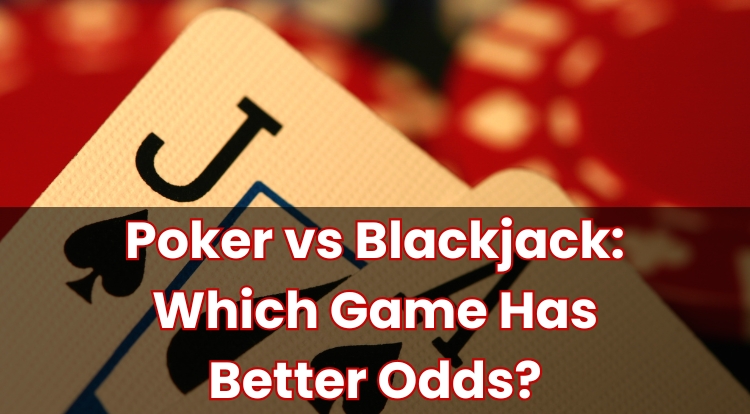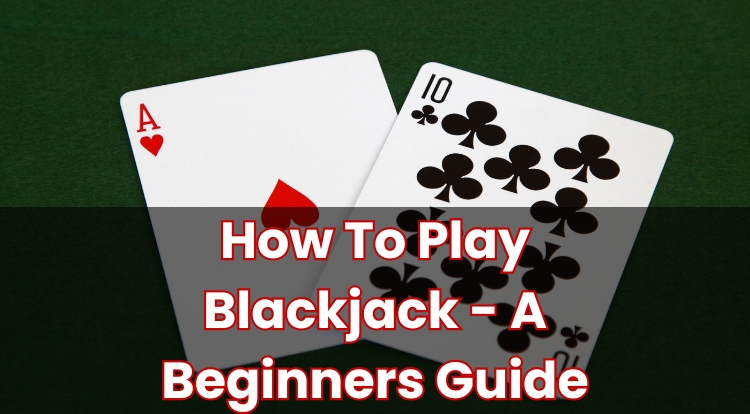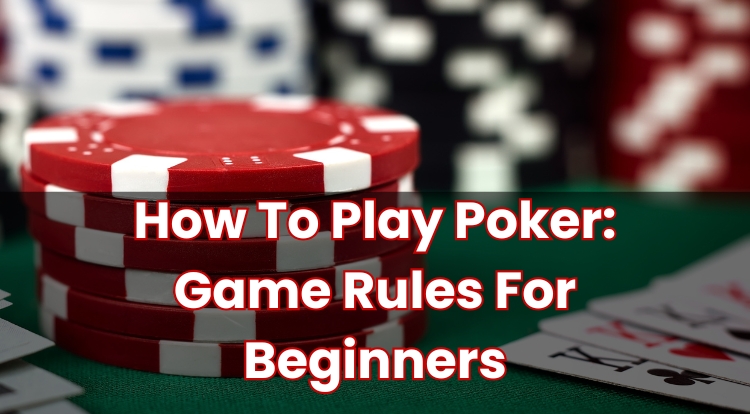What Is Collusion In Poker?
In the game of poker, strategy and skill often meet chance at the table. However, a practice known as collusion can disrupt fair play.
Collusion involves players working together secretly, which is considered unethical and against the rules. It may happen both online and in person, creating an unfair advantage. Understanding collusion and how to recognise it can help in maintaining a fair gaming environment.
Read this blog post to learn what collusion in poker is, how it may occur, and why it is important to prevent it.
What Does Collusion In Poker Mean?
Collusion in poker is when two or more players work together to cheat others at the table. This cooperation is secretive and intended to gain an unfair edge over opponents who are not part of the scheme.
The players involved in collusion may share information about their hands or coordinate to manipulate the outcome of a game. This may give them a better chance of winning undue gains, which undermines the integrity of the game.
Collusion is considered a serious breach of fair play rules and is strictly prohibited in all forms of poker, including online and live games. Poker platforms and casinos often have measures in place to detect and prevent collusion, maintaining a fair environment for all participants.
Is Collusion In Poker Possible?
Collusion is possible in poker; however, it is not permitted. If players are caught colluding, they could face serious consequences, such as being banned from the poker platform or casino.
Collusion may occur in various forms. Some players may share information about their hands, while others coordinate their bets to deceive opponents. This behaviour undermines the fairness of the game.
Poker rooms and online platforms have systems in place to detect and prevent collusion. These measures are crucial in maintaining a level playing field for all participants.
It may be beneficial for everyone involved in poker to recognise the signs of collusion and understand that it is strictly prohibited. Maintaining fair play helps ensure a safe and balanced experience for all players.
Is Collusion In Poker Cheating?
Yes, collusion in poker is considered cheating. It involves a deliberate effort by players to break the rules and create an unfair advantage, which is against the principles of fair play.
When players collude, they cooperate secretly to deceive others, making the game unfair for unsuspecting participants. This deceptive behaviour goes against the spirit of poker, where each player is supposed to compete individually.
Cheating through collusion not only affects those directly involved but also undermines the integrity of the game as a whole. Poker platforms and casinos take collusion seriously, implementing measures to detect and address it, ensuring a fair playing field for all.
How Do Online Poker Sites Detect Collusion?
Online poker sites use a variety of methods to detect collusion and ensure a fair playing environment. These systems are essential in maintaining the integrity of the game and protecting honest players.
Advanced software is often employed to monitor gameplay and identify unusual patterns or activities. The software can flag actions that suggest players might be working together.
Statistical analysis helps identify inconsistencies in betting patterns and win rates that deviate from the norm. If a group of players consistently benefit in unlikely ways, it may indicate collusion.
Sites frequently review chat logs to detect any discussions that hint at collusion. They aim to ensure that all communication is in line with fair play rules.
Furthermore, many online poker platforms have dedicated security teams that investigate reports of collusion. These teams keep an eye out for suspicious behaviour that automated systems might miss.
Through these efforts, online poker sites strive to create a responsible and fair gaming environment, upholding the standards of a trustworthy platform for everyone involved.
*The information provided in this blog is intended for educational purposes and should not be construed as betting advice or a guarantee of success. Always gamble responsibly.





